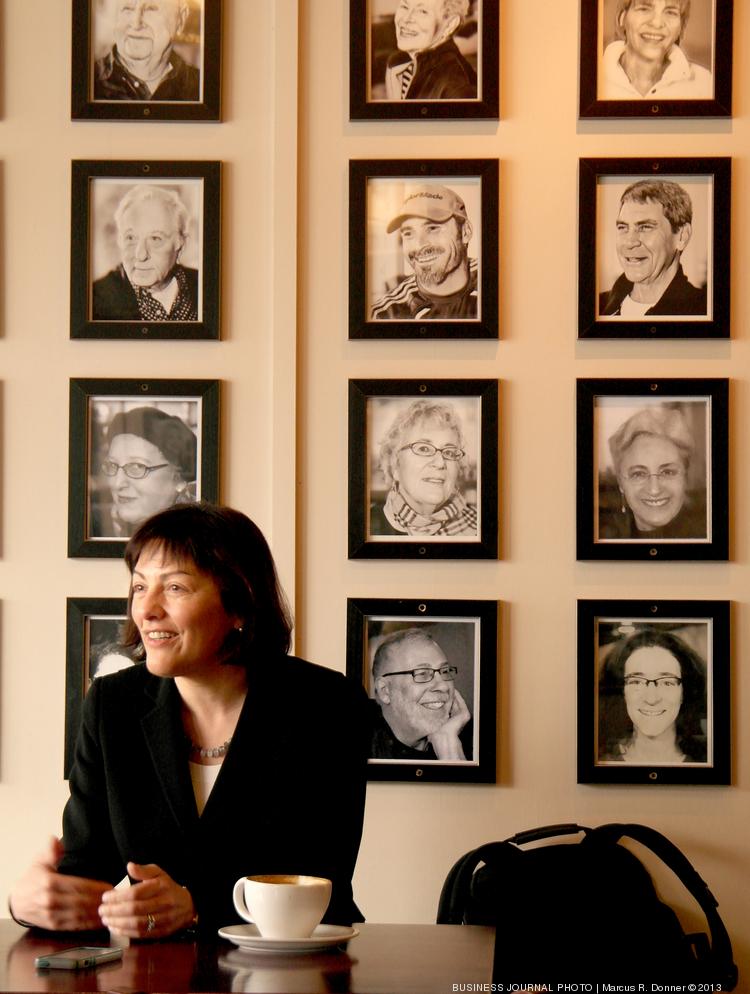Internet-of-things technology is moving quickly; policy, not so much
Puget Sound-area technology companies are pioneers in the development of the internet-of-things technology sector, but that doesn’t mean the region doesn’t still face a well known problem – a lack of education about nascent technologies in Congress.
U.S. Rep. Suzan DelBene, D-Wash, co-chairs the Internet of Things Congressional Caucus to help educate policy makers about the space. She’s a former Microsoft executive who worked on an early iteration of the technology.
“Technology is moving quickly. Policy is not moving nearly as quickly,” DelBene said Thursday during a roundtable hosted by the Pacific Technology Alliance and Kymeta. “We need better stewards of policy because we have many places where we need to make sure policy is up to date and not inhibiting innovation and getting in the way of people using technology.”
Most policymakers, DelBene said, are unfamiliar with a technology about which they’re supposed to be making decisions.
The internet of things – which connects common objects from thermostats to refrigerators to the cloud – represents an enormous market opportunity for Seattle-area business. The U.S. already has more mobile-connected devices than people and it’s estimated there will be 500 mobile-connect devices in every home by 2020 and nearly every car will be mobile connected by 2025.
“Seattle is a hotbed for mobile technology and it’s a hotbed for the conversation around the internet of things,” Tom Gurr, executive director of the Pacific Technology Alliance, said. “This is a huge space. There’s a lot happening.”
Many of the companies developing the technology to make the internet of things possible are in the Puget Sound area. Amazon Web Services and Microsoft’s Azure are the world’s biggest cloud providers, vital to store the massive amounts of data necessary to make all of those devices communicate with one another.
Read more from Puget Sound Business Journal
